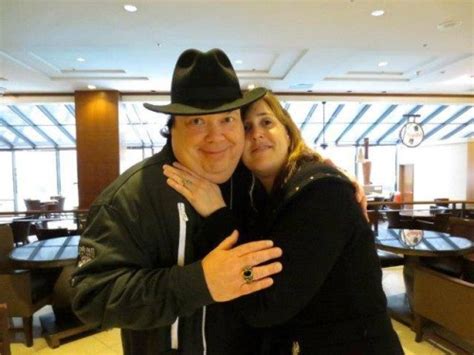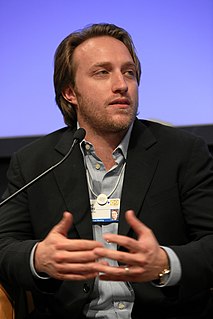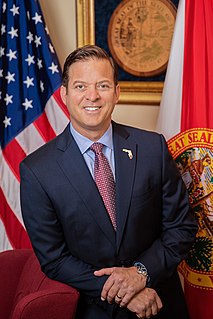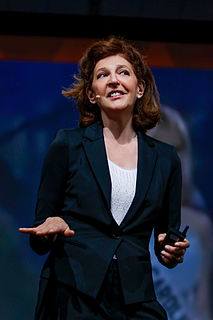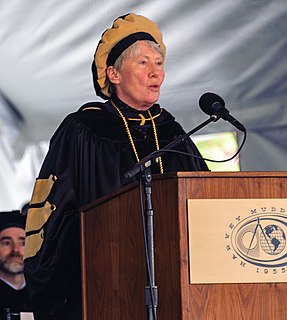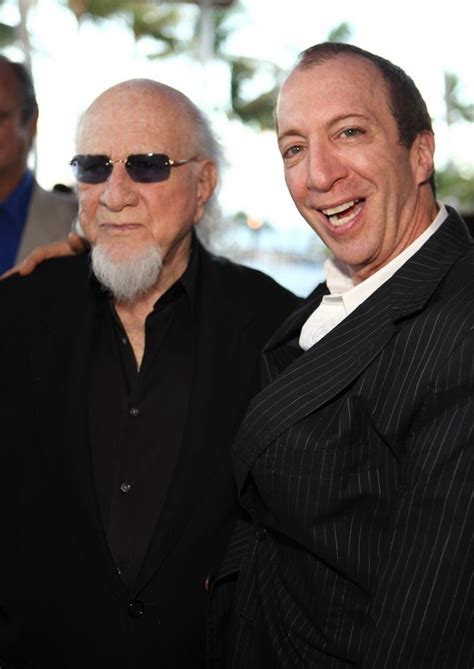A Quote by Beeban Kidron
Our children, manipulated to become exemplary consumers, increasingly admit they do not feel 'in control' of their own Internet use.
Quote Topics
Related Quotes
We must establish all over the country schools of our own to train our own children to become scientists, to become mathematicians. We must realize the need for adult education and for job retraining programs that will emphasize a changing society in which automation plays the key role. We intend to use the tools of education to help raise our people to an unprecedented level of excellence and self respect through their own efforts.
One of the most difficult problems of our age is that leaders, and perhaps academics as well, cannot readily admit that things are out of control and that we do not know what to do. We have too much information, limited cognitive abilities to think in systemic terms and an unwillingness to appear to be in control and to have solutions for our problems. We are afraid that if we admit to our confusion, we will make our followers and students anxious and disillusioned. We know we must learn how to learn, but we are afraid to admit it.
In the present state of the world, it is evident that the control we have gained of physical energies, heat, light, electricity, etc., without having first secured control of our use of ourselves is a perilous affair. Without the control of our use of ourselves, our use of other things is blind; it may lead to anything.
Much of the pressure contemporary parents feel with respect to dressing children in designer clothes, teaching young children academics, and giving them instruction in sports derives directly from our need to use our children to impress others with our economic surplus. We find "good" rather than real reasons for letting our children go along with the crowd.
Whenever you have consolidation, you do that for more economies of scale and leverage in making deals. But when you start losing control, like with the web, you lose some of the benefits. You can't hold films or records back anymore because the internet has made everything available as soon as it's available. Record labels have to learn to make money, and that's moved from a control model to a collaborative world. When I talk about hobbyists, those are consumers wanting to be creators. But maybe one or two of them could become the next superstar, but I can't wait for that.




